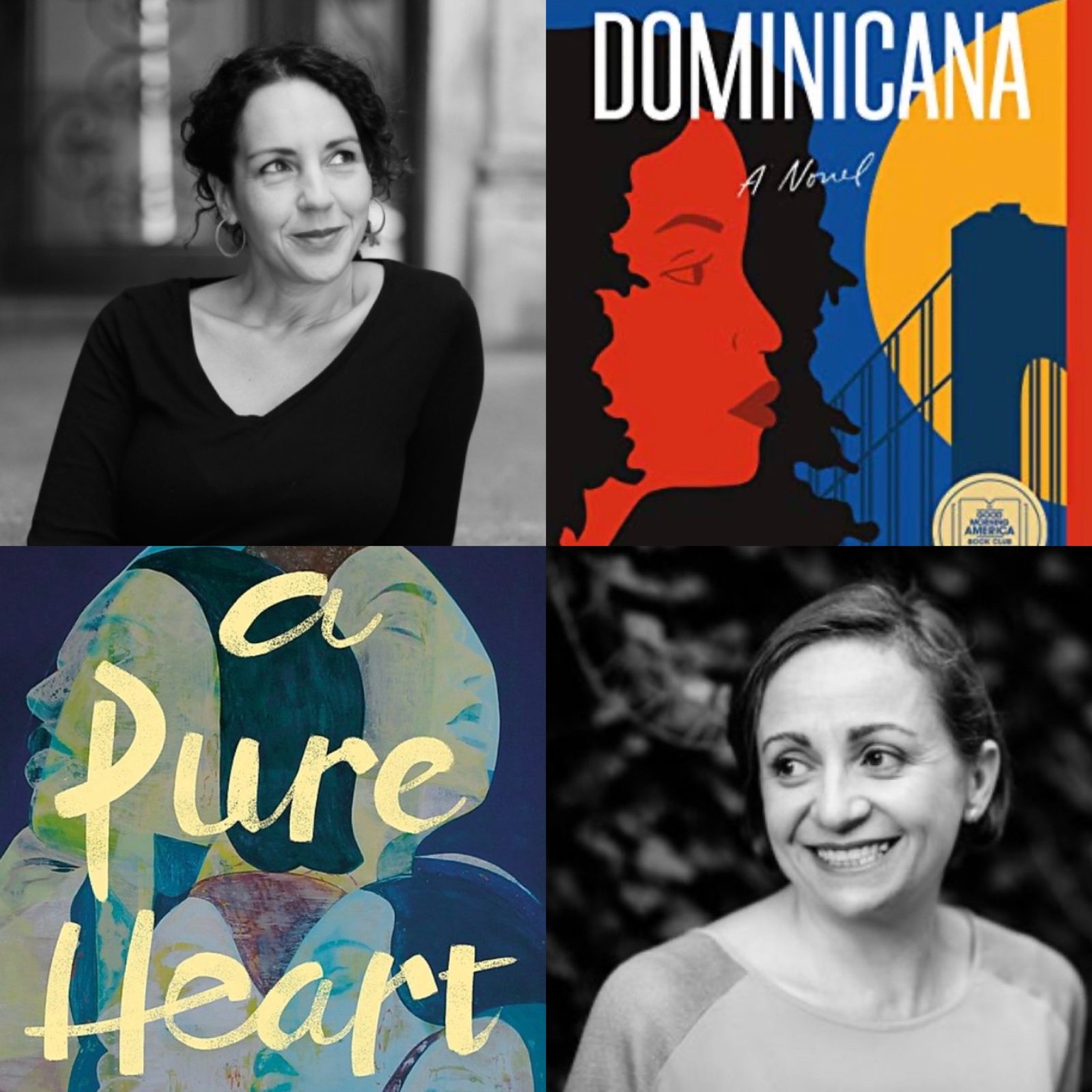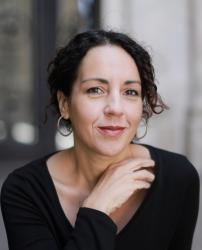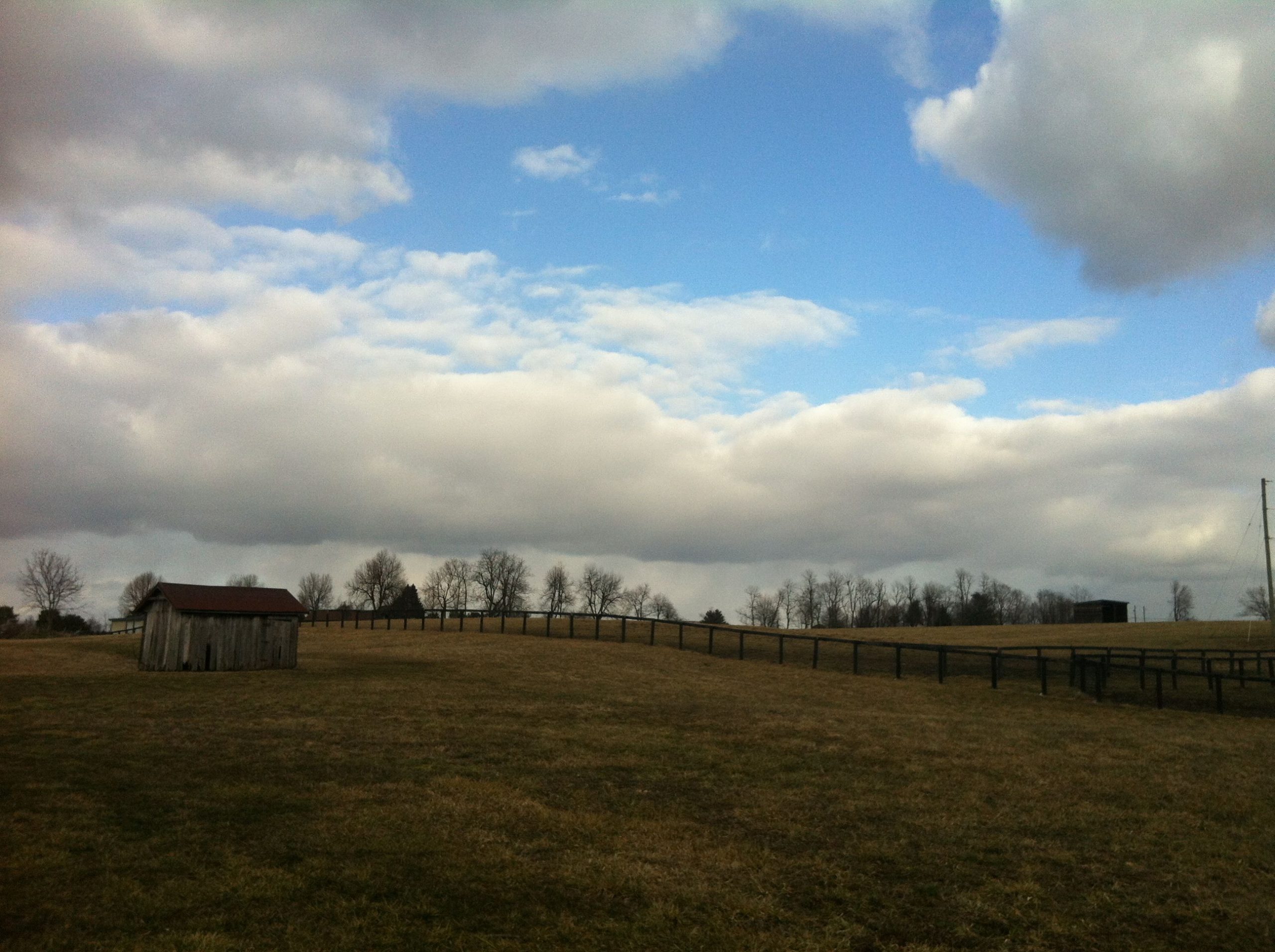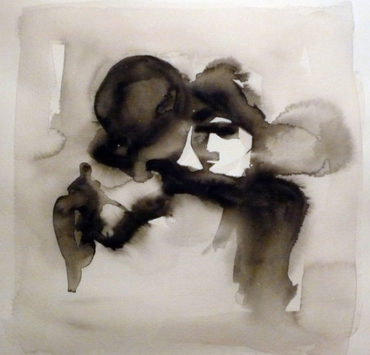
A conversation about the immigrant experience and the concept of home with Angie Cruz and Rajia Hassib held at the Bookmarks 15th Annual Festival of Books and Authors 2019.
Angie Cruz: I’ve written about the same neighborhood for over twenty years: Washington Heights, New York City. In my first book, Soledad, the main character wanted to leave home so she left to live downtown, which if you’ve ever been to New York, it’s really just a train ride away. But for many of us in the community Santo Domingo, Dominican Republic felt closer that going downtown. In my 2nd novel, my characters were ready to start over or full of nostalgia for a home that no longer existed. I never thought I would continue to write about and around similar themes, but for sure each time I finish a book and begin another one I discover I have so much more I want to say. This neighborhood I call home, keeps changing for me, and what I understand deepens or expands so I continue to write about it.
Rajia Hassib: I love what you said about how the first book you write feeds into what you’re going to write about next, if you feel that you haven’t addressed it fully. I have a similar experience. For me, writing about home evolved because I immigrated to the US when I was 23; I wasn’t born here, I lived in New York, then New Jersey, then Los Angeles, and then Logan, West Virginia– a town of two thousand people– and then Charleston, West Virginia, where I’ve lived for nine years. I’ve called different places home. My first novel that I wrote was set in a fictional town in New Jersey. My second was set in Egypt and New York with a chapter in West Virginia, so it’s in many places that I’ve all called home at some point. As I was writing my second novel I started to think about that concept of home in terms of the literal space you occupy and you live in. We put so much of our identities, our experiences, and the people we know– they all feed into the concept of home. You feel at home with your family, you feel at home in the city where you grew up. When you move around as often as I have, you need to feel at home and sometimes it becomes literally just the place you live in. So you start feeling at home in your own living room and in your own bedroom and your kitchen because you know where everything is in the middle of this place that you’re unfamiliar with. Once you know the streets around an area where you live, once you know what’s behind that corner, then you feel more at home. It’s become an interesting concept to me and one that I explored in my second novel because it also highlighted how easy it is for people you don’t know to take that feeling away from you.
Because I am Muslim and Egyptian American and because I have an accent, once I start talking to people, they ask me where I’m from —I have no problem with that, I am originally from Egypt and I acknowledge that–but for a second the question reminds you that, this will never be seen as my home. I don’t mean to say that everyone who asks me where I’m from implies that or even thinks that. A lot of people have welcomed me tremendously. Even in Logan, West Virginia, I have felt truly at home. I’ve made friends who are still my friends now, thirteen years later. But it’s this idea of belonging to a place and the juxtaposition between that and how the people who have been living in that place before you see you, and it’s something that immigrants I think struggle with a lot.
AC: Yes, places that some people assume I feel at home at, are not home for me. In fact, when I was reading your book, those moments when your character is at the Metropolitan Museum of Art took me back to a time in my life where I spent hours, in that museum as a teen. The Met was like my second home in New York City. It’s a place that people would think is an unlikely home for someone like me, right, growing up in Washington Heights with working class parents who weren’t museum goers at the time. But because I was a visual arts major at LaGuardia High School, I interned there and would go on Mondays assisting to archive these huge glass plate negatives. Now, every time I go to the Met, it’s like church, where I feel so grounded when surrounded by art. It made me believe in the power of art.
RH: When you said it’s a space that people don’t associate immigrants with, that people don’t expect you to be at, and I think part of that is also— it’s a race issue, a gender issue, an ethnic identity issue. It brings to mind the idea that, I was referring to earlier: how gender plays into the experience of immigrants which play into where we’re allowed to call home. My protagonist is an Egyptologist. There’s a chapter that addresses that: which jobs women are allowed to participate in and take part of in Egypt. It came as a surprise to me coming here and living in the US to see that we still have some of these problems here as well! So it’s not like we’ve eliminated the problems of gender discrepancy between what’s expected of women and what they’re allowed to do. But it’s something that immigrants struggle with more– if you’re an immigrant and a woman, and if you’re identified as a person of color— which I’m usually not. I’m Muslim and I’m Egyptian but I’m inadvertently white passing the whole time. I’m not covered up, so you can’t tell that I’m Muslim, so if you see me you don’t associate me with my actual ethnicity and religion. But for people who are easily identified, for women who are easily identified as Muslim, it’s a huge issue and it complicates their experience. It’s hard enough to be seen as other. But then you are seen as an other, especially for women who cover up, who are automatically assumed to be embracing very specific female gender roles, even though a lot of women who cover up are feminists and they choose to cover up as part of their spiritual experience.
AC: I was just thinking how there is the pressure of culture that creates restrictions with what women are expected to do, what they’re presumed competent at. We grow up with cultural restrictions. Sometimes it’s more legible or visible in other cultures but I have found myself pushing against expectations of how or what I should write about. I was fortunate to have come across mentors as a young person who facilitated opportunities for me like that internship at the Met that allowed me to make creative and imaginative leaps. But for sure I see how girls and people of color are stunted with presumed assumptions of what we are able to do from very early on. It’s mostly, I think because people are comfortable with what they know. And diversity, difference is innovative, new and can be scary for those that prefer knowing and having power and control of our narratives. I see how my white male colleagues move in the world as if everything is possible, and we’re moving in the world aware there are some things that might not be possible. There are so many ceilings. There are so many doors that are not just wide open for us.
RH: I love what you said about how early it starts and you said that it’s more comfortable. Some people see it as more comfortable, and I truly believe it is, sometimes. It’s good intentions. Sometimes it’s not necessarily—
AC: I like to think that most people are well meaning..
RH: … well meaning, but so restricting. I was having a conversation with a friend who’s a writer as well, and we were talking about cultural appropriation. Everyone is trying so hard to make sure they don’t appropriate other peoples’ cultures, which is a wonderful thing. But some of the assumptions are that I am only allowed to talk about the Egyptian-American experience and Muslims, or that I would be more comfortable let’s say reviewing books by other Egyptians, or getting reviewed by other Egyptians. People are trying to make sure they don’t step on anyone’s toes, and in the process keep us boxed which in a way can eliminate some of the possibilities for conversation, I think.
Speaking of home and spaces and gender issues, that also is something I thought about when I was writing my second novel, A Pure Heart: I write about two sisters, and one of them is very religious and chooses to cover up despite her parents’ opposition. No other woman in the family wears a hijab. She stays in Egypt and she has a very strong relationship to the land and to the place, partly because she feels the place accepts her as she is. But she also, ironically, is not accepted as she is. She is judged for her choices by those closest to her because there are class issues associated with the hijab in Egypt. There are people of a certain economic and social standing who think this is just beneath us. We’re past this, our women don’t cover up. So she gets judged in the space that is supposed to be safe for her. And then I have her sister, who is the Egyptologist married to an American, living in New York, working at the Met—and she is actually the one who observes this idea of home as a space that you get to know that I was talking about earlier. She gets to feel at home in various places, including in West Virginia where her husband is from. So it’s interesting how part of the home is acceptance of who you are and who you choose to be, and how this acceptance can be denied even in your actual place where you were born, sometimes.
AC: I’ve moved a lot. I lived in College Station, Texas; I live in Pittsburgh; I lived in Turin, Italy. Everywhere you go, there’s a way that you have to sort of make it home. In the book Dominicana, I actually used this Dominican doll. I don’t know if any of you have been to the Dominican Republic but there’s a doll without a face. It’s very popular and they call it la Dominicana, and you can buy it as a souvenir. And it’s because every face could be a Dominican woman’s face. But the first thing my character does is that she puts the Dominican doll in the house so she’s not alone. She might be alone but she has another figure there that keeps her company. Objects— like you said, you can move into a place and put an object down and you can reconquer a space. Should we talk about how faith influences how we claim place and space?
RH: I address faith very extensively in both of my novels, because I am Muslim, and it’s just something that— I have been living in the US for twenty years, so I had to get this out of my system, I had to address it in writing. In my first novel, it’s different because the protagonist is a second generation American who is struggling with what his grandmother is trying to tell him should be his fatih and what he should be doing in order to be a good Muslim. And he is, he’s not rejecting it, but he’s also American and some of what she’s trying to impose on him is actually superstition and tradition, and has nothing to do with religion. So it’s interesting to see her bring her objects from Egypt like, you know, a little incense holder or something that she uses around her house, and try to infuse her superstitions inside the home where they live, and see that as almost a religious practice.
In the second novel, because it’s centered around a terrorist attack, so it definitely— I have done chapters from the point of view of the terrorists, so we get to delve more deeply into religion and identity and place. And I think it’s at some point— and because of the various degrees of religious adherence that both sisters, and because this is the main source of their kind of fallout, they may start drifting apart once one sister decides to cover up and the other one wears her hair down. They kind of fall apart from there. And part of that then becomes how do you find another place of comfort when you start feeling rejected because of your faith, or when you start feeling that people are not as accepting of you, people close to you are not as accepting of you because of your faith. And it almost becomes a particular ideology. It’s almost as if it’s what’s happening now with elections for example, and the political divides. Because you start to believe, this is part of what I believe, it’s part of who I am, and it’s part of my identity, and if those closest to me don’t see this, don’t accept me the way I am, then where can I find this acceptance? You start to seek it elsewhere.
Rajia Hassib was born and raised in Egypt and moved to the United States when she was twenty-three. Her first novel, In the Language of Miracles (Viking, 2015), was a New York Times Editors’ Choice and received an honorable mention from the Arab American Book Award. Her second novel, A Pure Heart, was published by Viking in 2019. She holds an MA in creative writing from Marshall University, and she has written for The New York Times Book Review, The New Yorker online, and Literary Hub. She lives in Charleston, West Virginia with her husband and two children.

Angie Cruz's novel, DOMINICANA is the inaugural bookpick for GMA book club, and the Wordup Uptown Reads selection for 2019. It was also longlisted for the Andrew Carnegie award in excellence in fiction for 2019. It was named most anticipated/ best book in 2019 by Time, Newsweek, People, Oprah Magazine, The Washington Post, The New York Times, and Esquire. Cruz is the author of two other novels, Soledad and Let It Rain Coffee. She's the founder and Editor-in-chief of the award winning literary journal, Aster(ix)and an Associate professor at University of Pittsburgh where she teaches in the MFA program. She splits her time between Pittsburgh, New York, and Turin.







